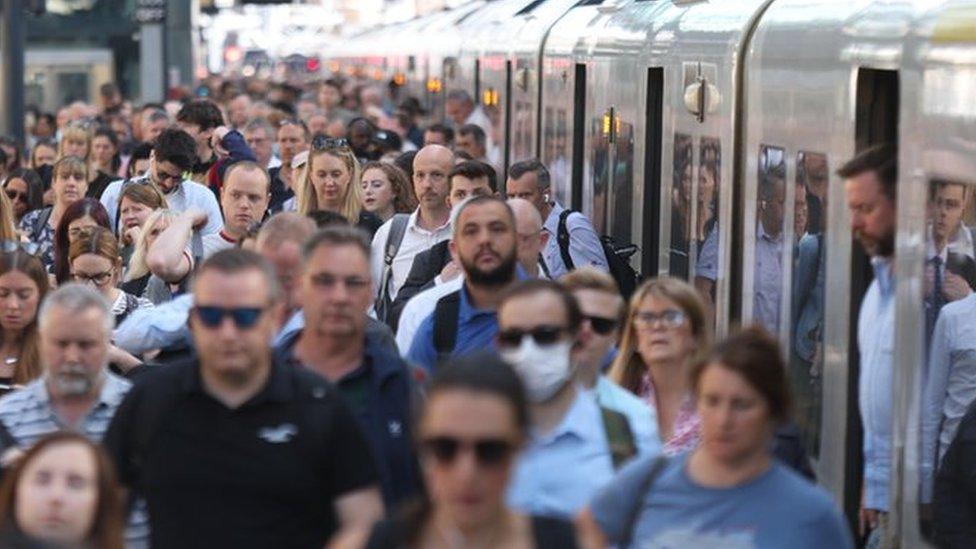Tube stations closed for 76 days over past three years
- Published
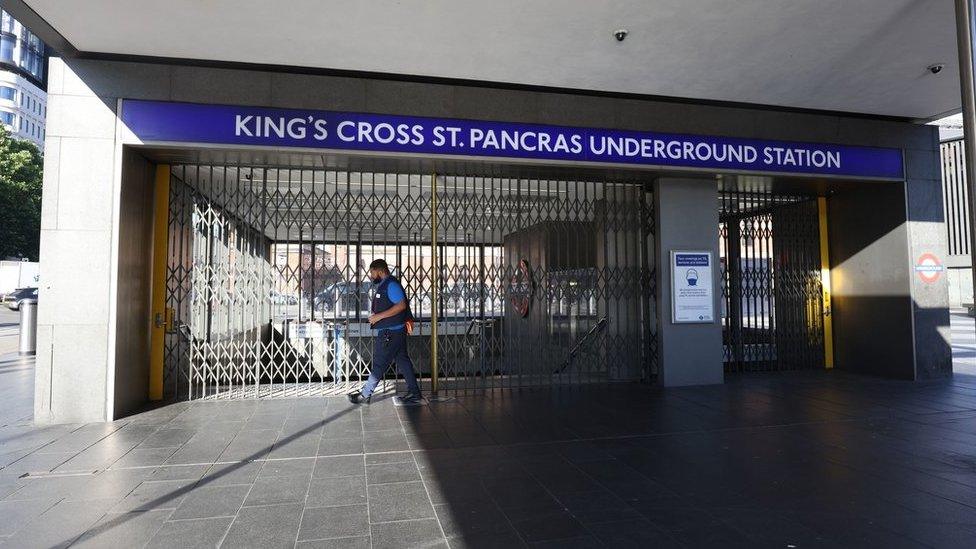
Labour London Assembly Member Elly Baker said people were getting "frustrated"
London's Tube stations have been closed for a total of 76 days over the past three years, new figures show.
Of the Tube's 272 stations, 132 closed due to staff shortages, mostly due to Covid-19, and 248 for other reasons such as strikes.
Closure incidents totalled 1,658 between January 2019 and April 2022.
London Mayor Sadiq Khan attributed the closures to "an increase in infrastructure incidents and customer-related incidents".
The figures were announced by Mr Khan, responding to a written question by Labour London Assembly Member Elly Baker.
Last year, 590 Tube stations were closed, 215 of which were due to infrastructure failures, according to the Local Democracy Reporting Service (LDRS).
Two strikes in April cost TfL an estimated £13m in fares, according to City Hall.
Industrial action following the Queen's Platinum Jubilee saw journeys fall by 75%, TfL said.
Since April 2022, when the period for these figures ended, there have been a further two strikes.
This year alone there have been four 24-hour walkouts.
'No way to treat Londoners'
Last week the government agreed a short-term extension to the bailout it provided TfL in February after negotiations failed to progress.
The previous funding deal states that the transport body must make savings of £730m a year, leading to job cut proposals and a 4% cut to bus services.
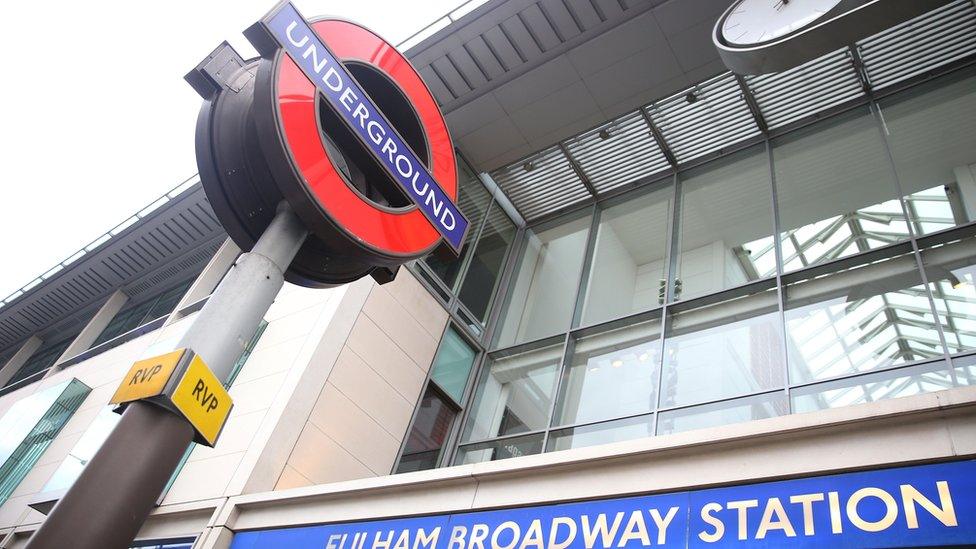
Fulham Broadway station has been closed for 79 hours since 2019, while Kentish Town was shut for 112 hours
Transport Secretary Grant Shapps said ministers "want to give TfL a longer-term capital deal" but accused the mayor of using cuts as a "political weapon", claiming they were "not necessary and will not save much money".
But Mr Khan claimed last week that cuts would need to be made unless a long-term funding deal was agreed.
He said: "Cuts on this scale have never been seen in London before. This is not sabre-rattling or scaremongering. It's in TfL's official budget.
"It's no way to treat Londoners and the transport network they rely upon."
'Facing frustration'
Recent strikes by the National Union of Rail, Maritime and Transport Workers (RMT) brought the network to a standstill in June over proposals by TfL to cut hundreds of jobs at Tube stations.
The transport body said 250 vacancies on the Tube network would not be filled and up to 350 staff would not be replaced on retirement.
Assembly member Ms Baker criticised the government for the failure of negotiations.
She said: "The government's inaction and inefficiency in agreeing a TfL funding deal is extraordinary. Londoners are left facing the frustration of further station closures, staffing problems and the delay of key infrastructure repairs and upgrades.
"TfL workers have gone above and beyond to keep London moving in extremely challenging circumstances. Coming out of the Covid-19 pandemic, ensuring London's transport network is more resilient and fit for the future is paramount."
Related topics
- Published21 June 2022
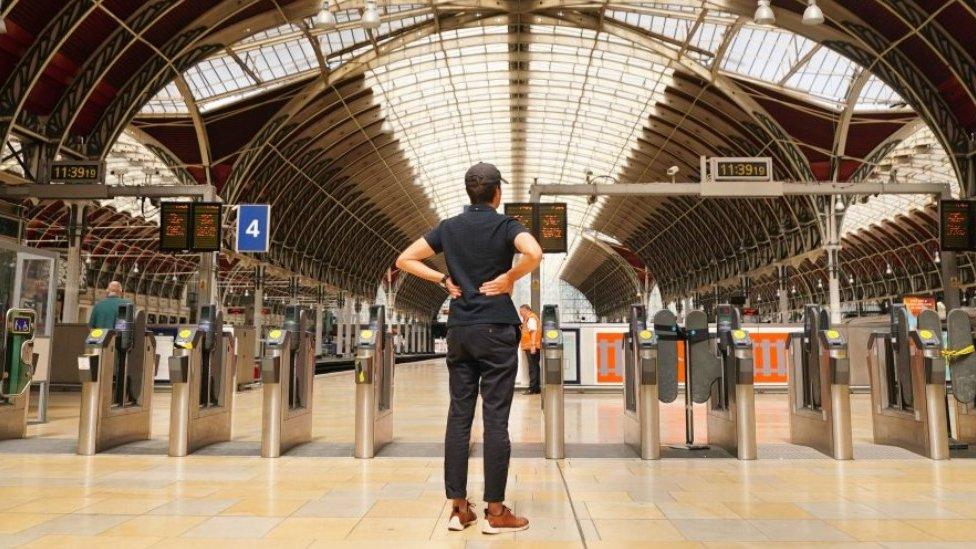
- Published28 June 2022
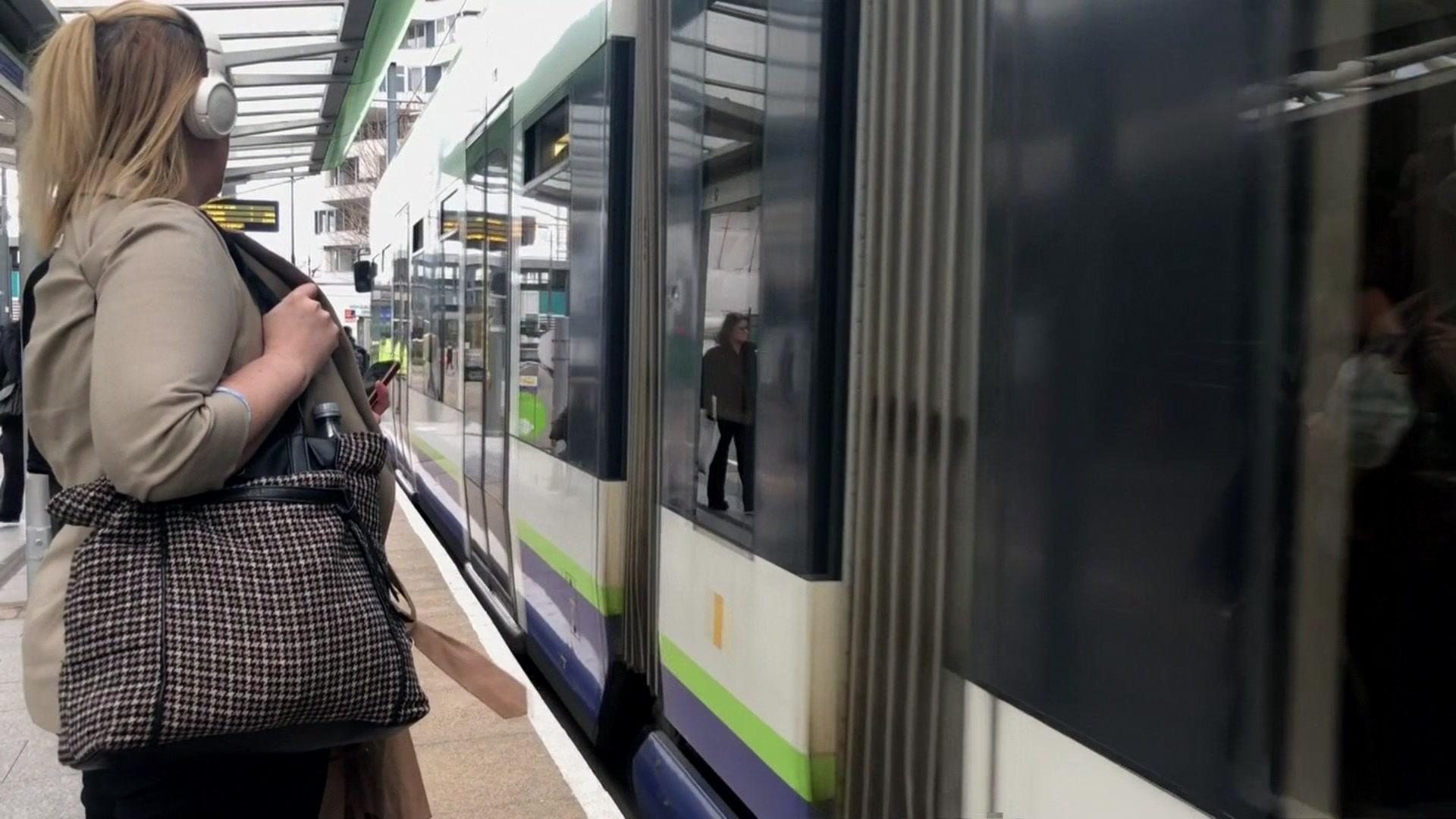
- Published22 June 2022
